9 GPTs for Classic Literature Powered by AI for Free of 2025
AI GPTs for Classic Literature are advanced artificial intelligence tools designed to engage with, analyze, and generate content related to classic literary works and themes. Leveraging the capabilities of Generative Pre-trained Transformers, these tools offer tailored solutions for exploring, understanding, and creating literature content. Their relevance lies in providing specialized support for tasks ranging from text analysis to generating thematic content, making them invaluable for enthusiasts, scholars, and creators interested in the rich domain of classic literature.
Top 9 GPTs for Classic Literature are: 🎮 Playbrary,Moby Dick RPG,Book Scout,射雕英雄探險,GoodRecs,Treasure Island,Twisted Classics,Children's Book Store,Book Scout
🎮 Playbrary
Reviving classics with AI-powered gaming
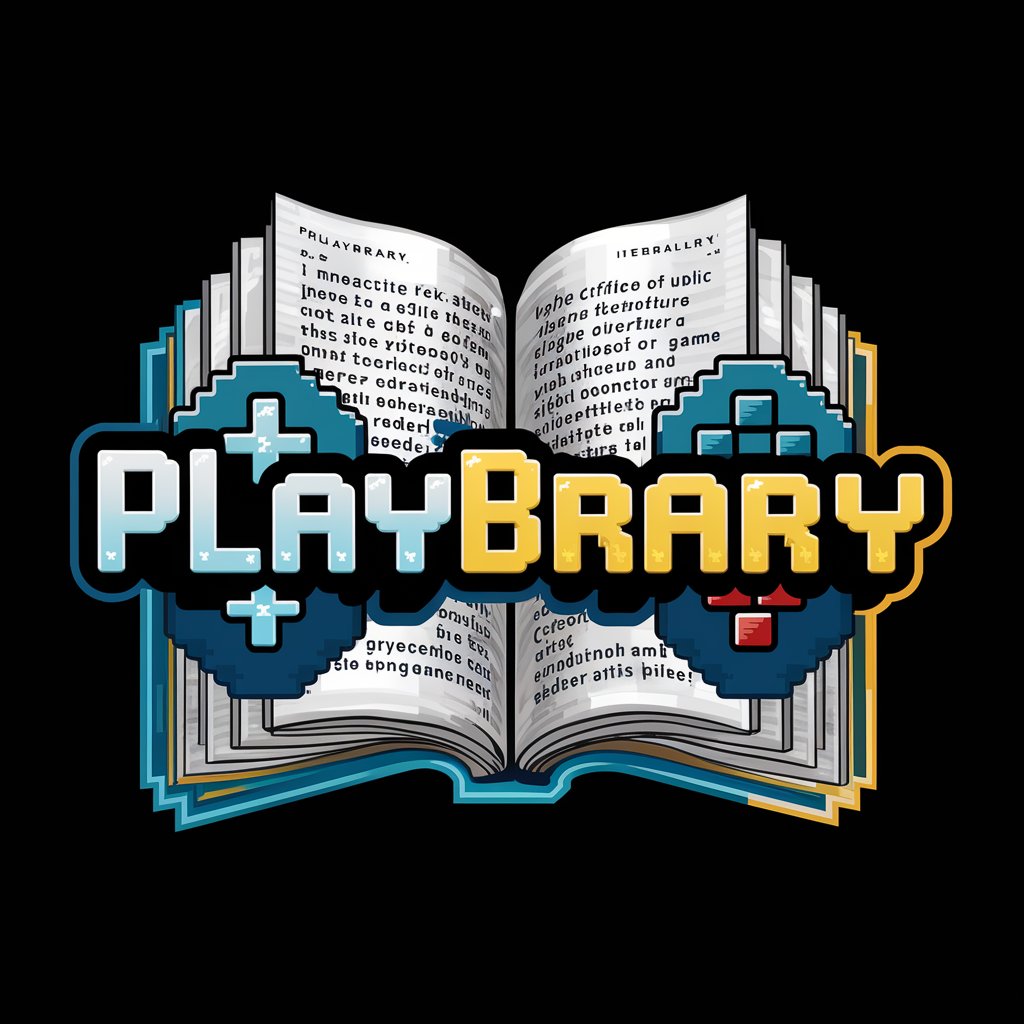
Moby Dick RPG
Embark on a literary journey with AI
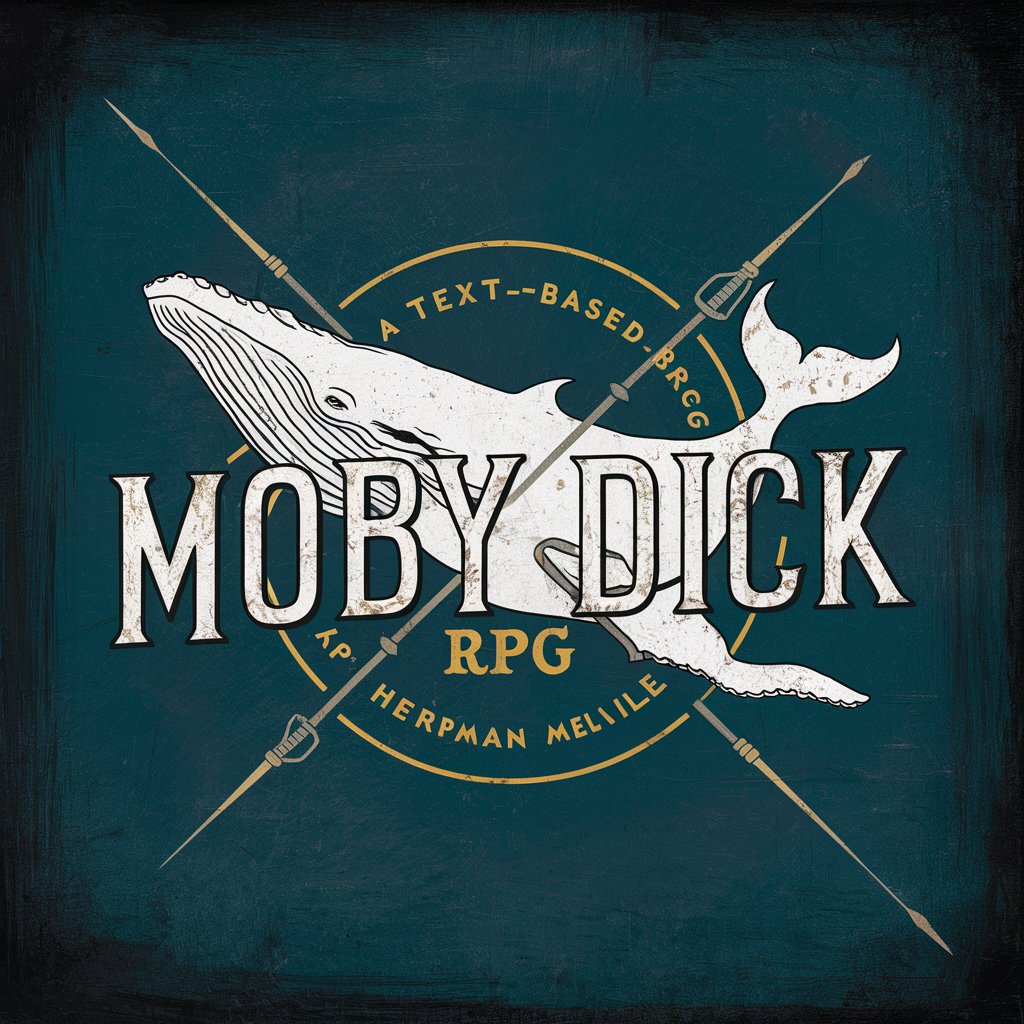
Book Scout
Discover the Classics with AI
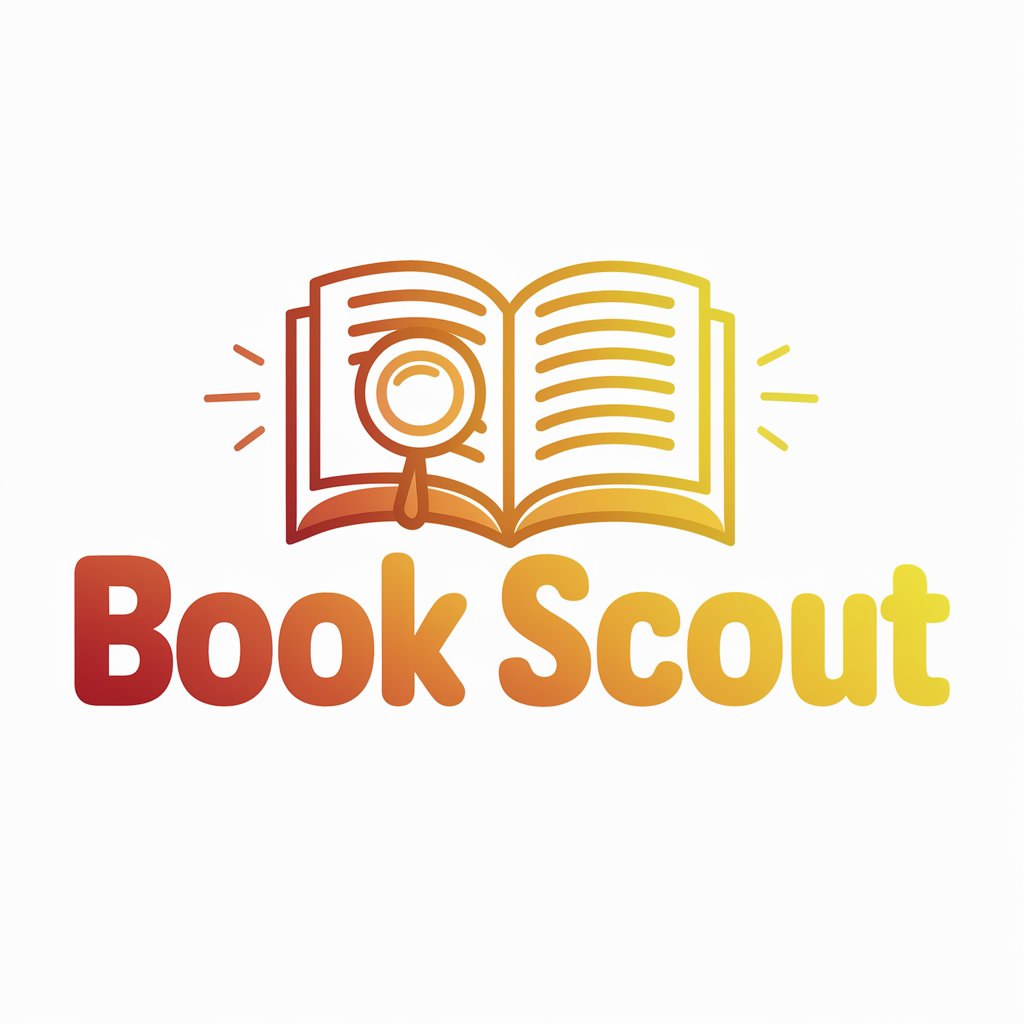
射雕英雄探險
Embark on legendary journeys with AI
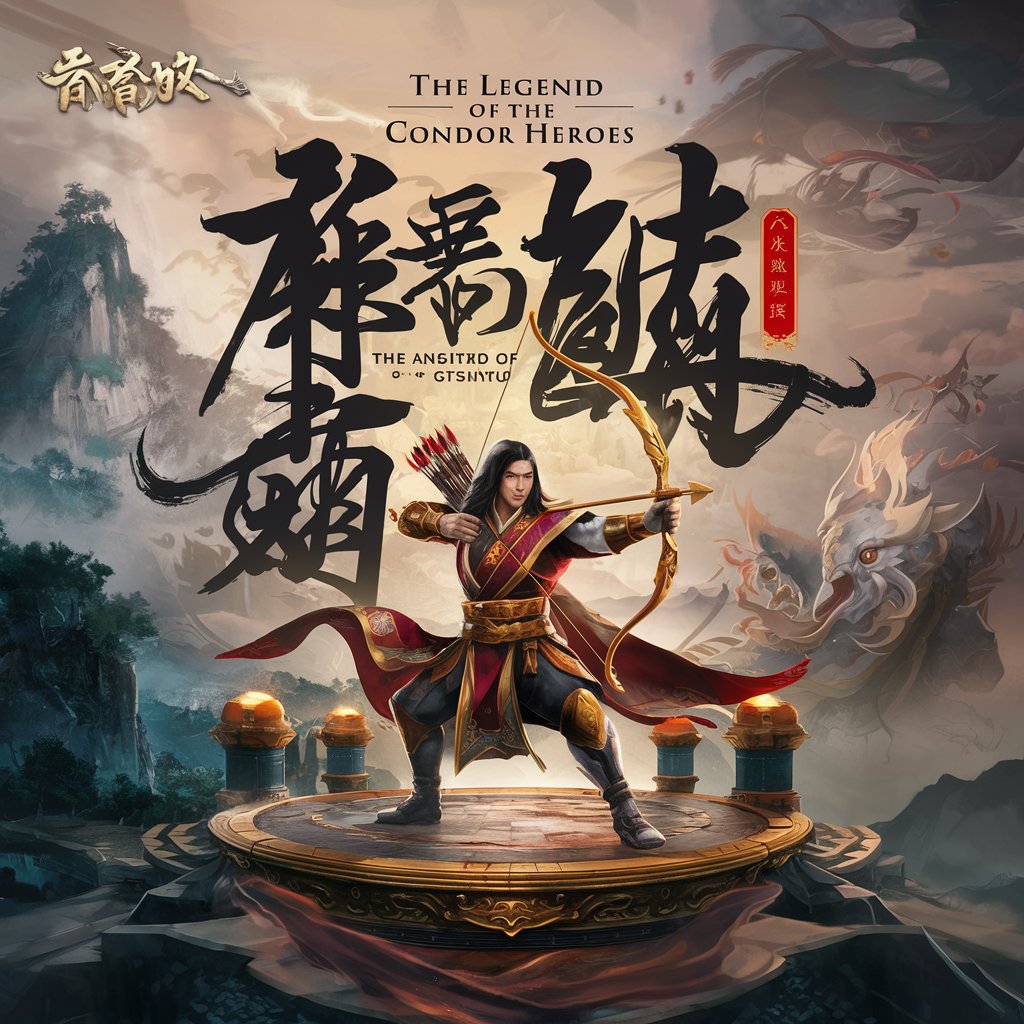
GoodRecs
Discover Your Next Read with AI
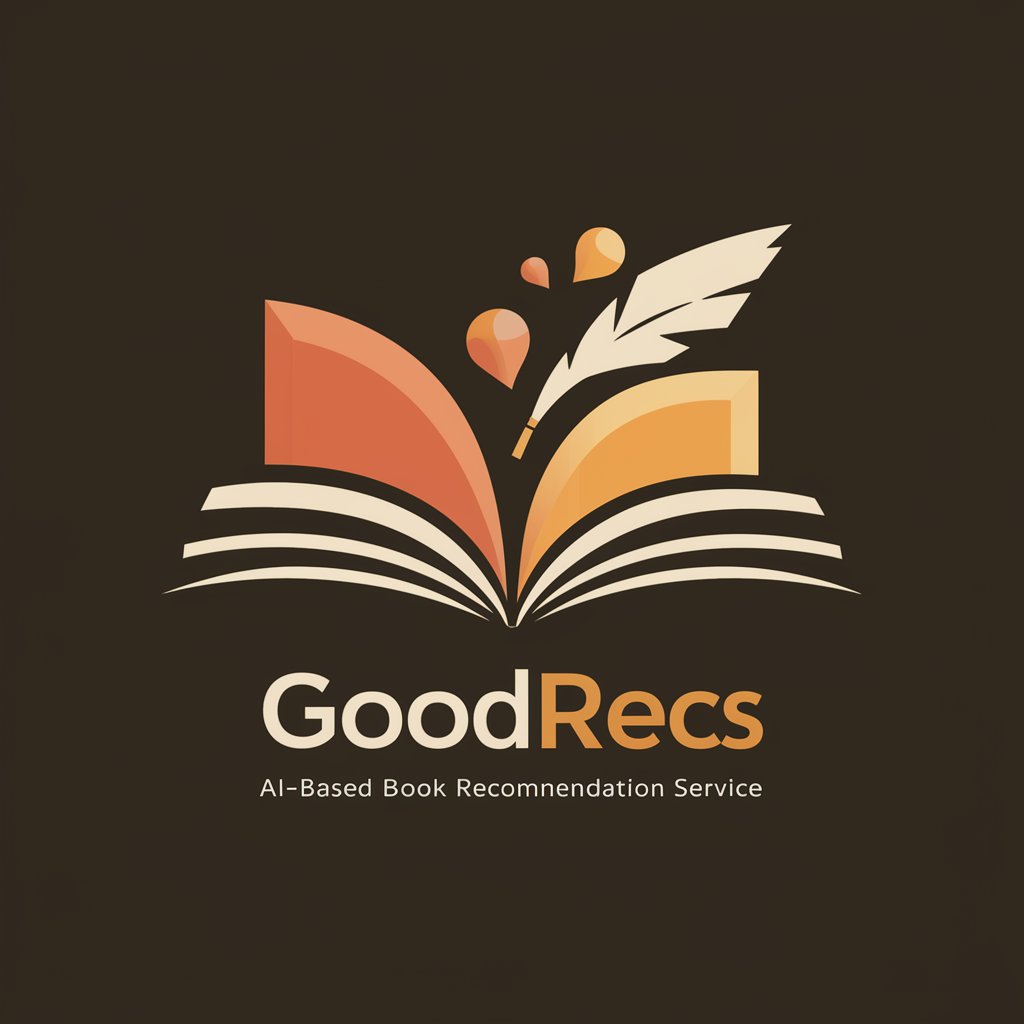
Treasure Island
Embark on a classic adventure, powered by AI
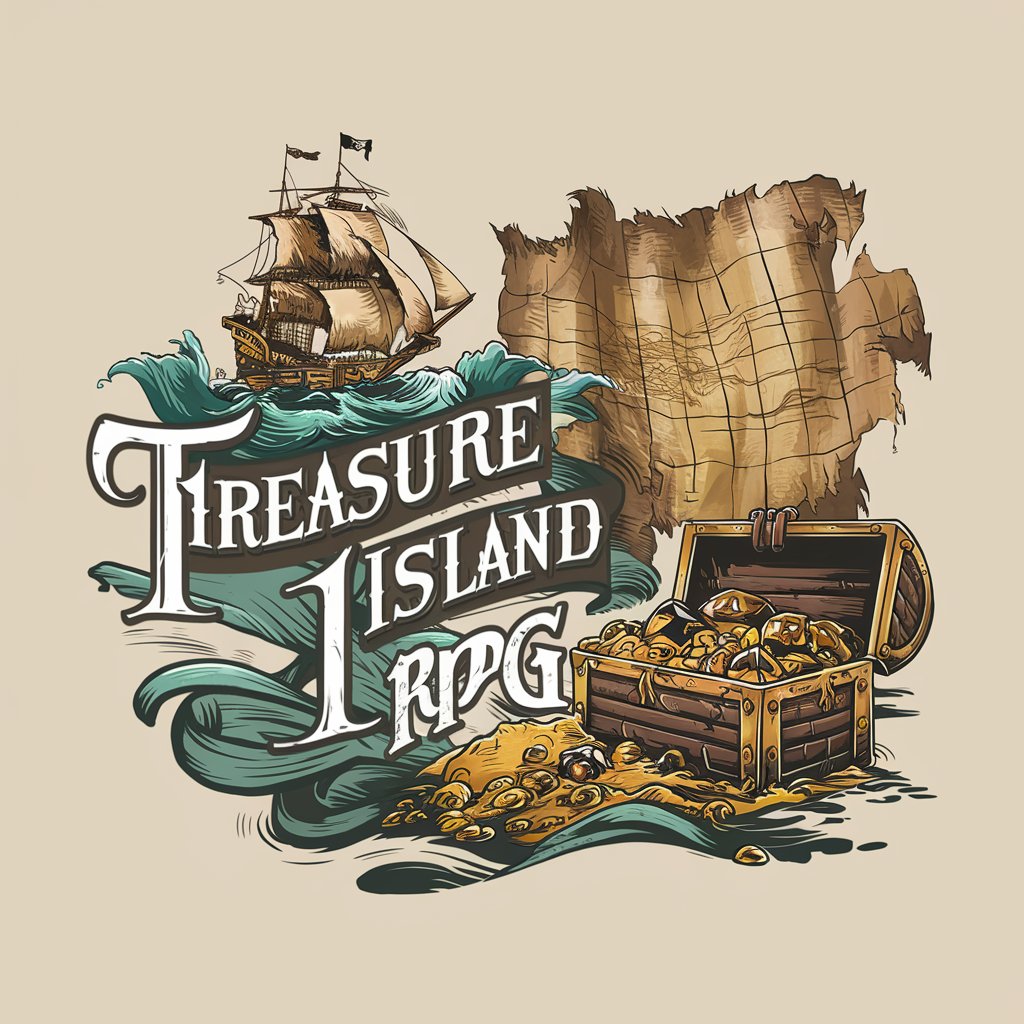
Twisted Classics
Reviving classics with a humorous twist
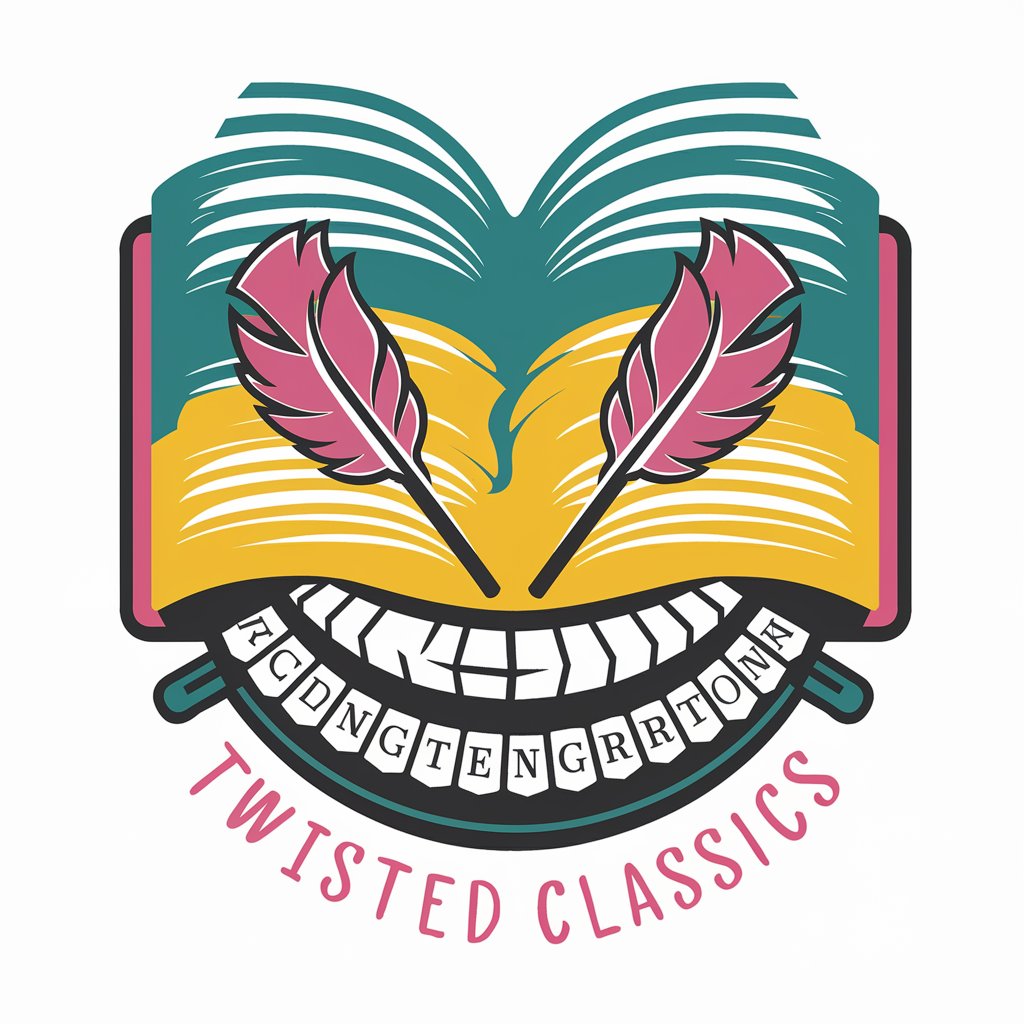
Children's Book Store
Igniting young imaginations with AI
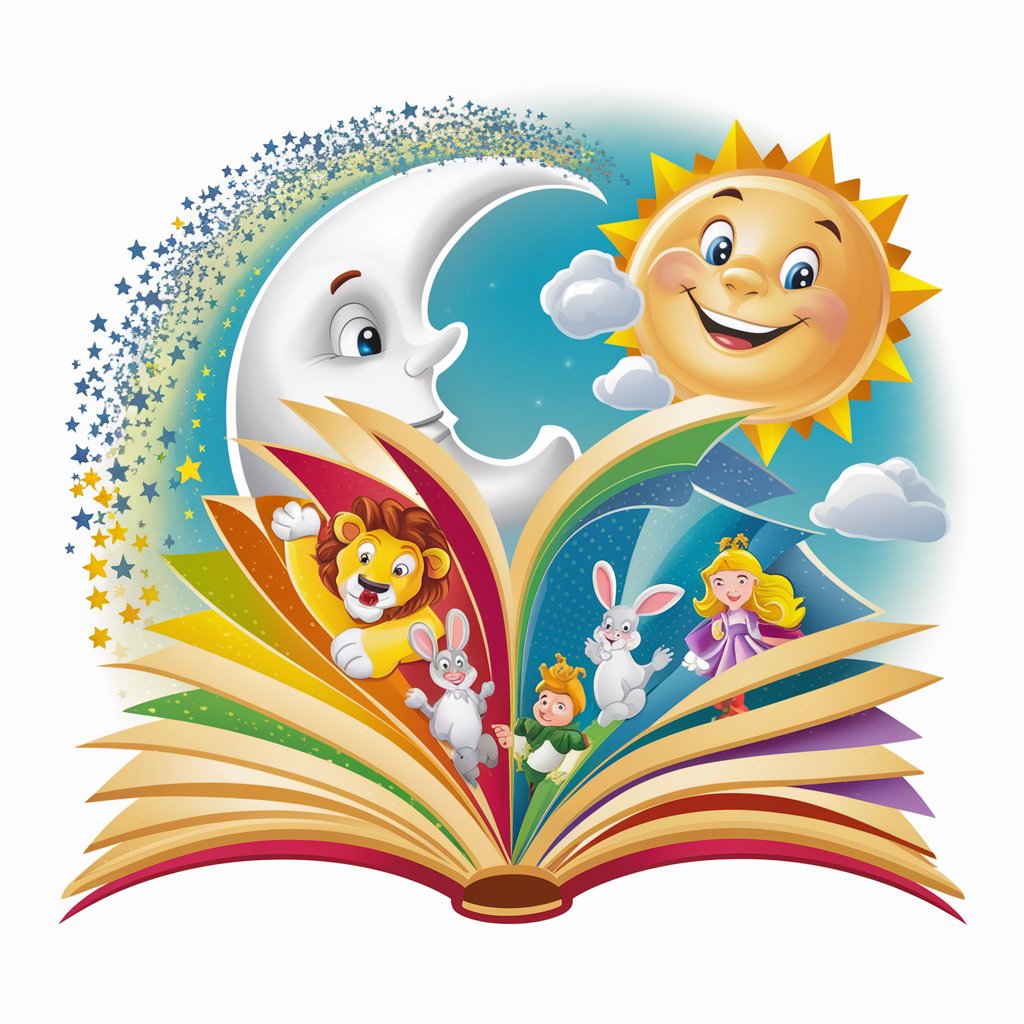
Book Scout
Unleashing Literature with AI
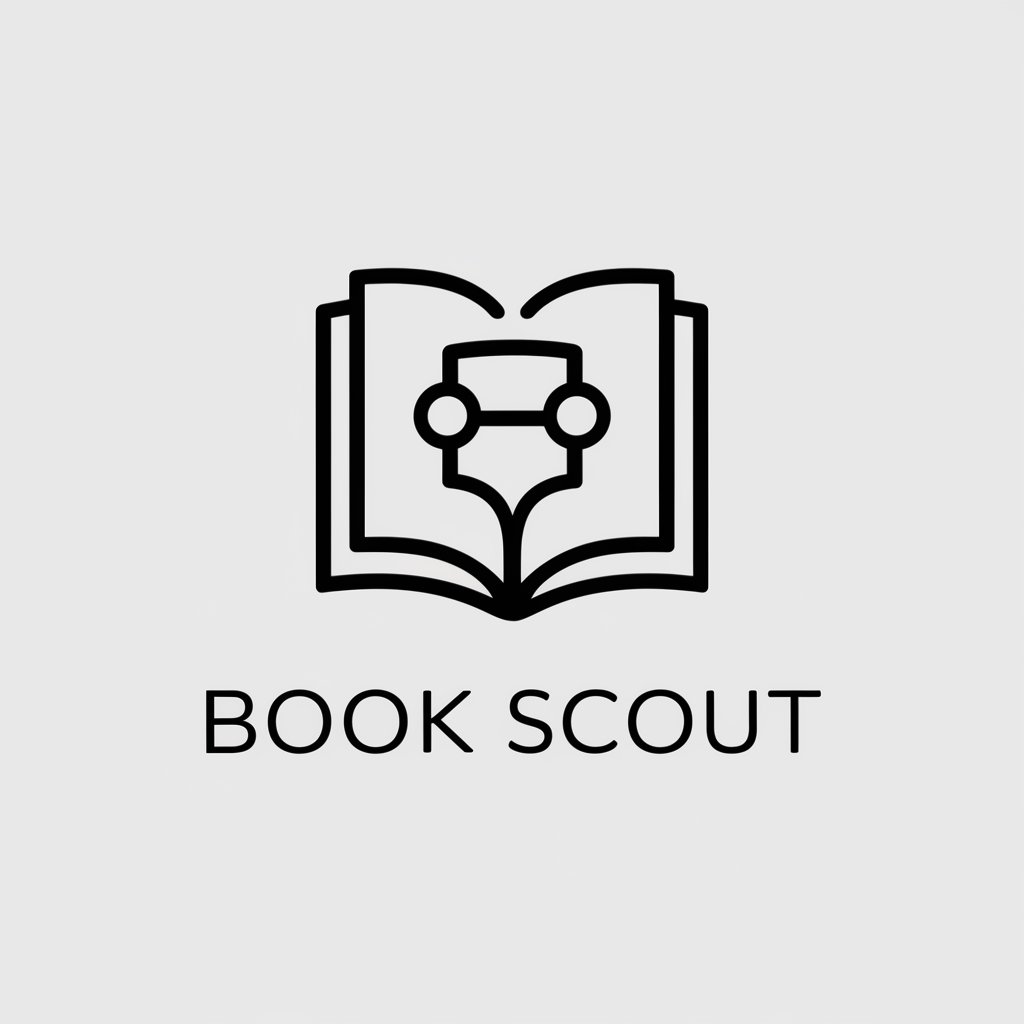
Key Attributes and Functionalities
AI GPTs for Classic Literature are equipped with unique features that set them apart in the realm of digital humanities and literary studies. These include deep language understanding for complex literary analysis, style emulation for generating content in the vein of classic authors, and thematic exploration tools for uncovering insights within texts. Additionally, capabilities like web searching for literary research, image creation related to literature themes, and technical support for academic projects demonstrate their adaptability from simple explorations to complex literary projects.
Who Benefits from Literary AI Tools
These AI GPTs tools cater to a wide audience, including literature enthusiasts who wish to delve deeper into classic works, scholars conducting academic research, and creators looking to inspire their work with elements of classic literature. They are accessible to those without technical backgrounds, offering intuitive interfaces and guidance. Simultaneously, they provide extensive customization options for developers and professionals in the field, making them versatile tools for a variety of users.
Try Our other AI GPTs tools for Free
Entertainment Learning
Discover how AI GPTs for Entertainment Learning transform educational experiences with engaging, personalized content. Perfect for learners at all levels.
Anime Research
Explore the world of anime with AI GPT tools designed for comprehensive research, analysis, and content generation. Tailored for enthusiasts and professionals alike.
Visual Discovery
Discover the transformative power of AI GPTs for Visual Discovery, revolutionizing how we interact with, understand, and create visual content.
Budget-Conscious
Discover how AI GPTs for Budget-Conscious can transform your financial management with personalized advice, advanced analytics, and user-friendly tools designed for all skill levels.
Dystopian Studies
Explore the future with AI GPTs for Dystopian Studies, your advanced tool for analyzing dystopian themes and simulating scenarios with cutting-edge technology.
Recruitment Aid
Revolutionize your hiring process with AI GPTs for Recruitment Aid, leveraging cutting-edge AI to automate tasks, enhance candidate engagement, and gain valuable insights, all tailored to your industry needs.
Enhanced Perspectives through AI in Literature
AI GPTs for Classic Literature not only provide a bridge between traditional literary analysis and modern technology but also open new avenues for creative exploration. Their user-friendly interfaces and integration capabilities make them powerful allies in both educational settings and personal literary journeys, offering novel ways to engage with and contribute to the rich tapestry of classic literature.
Frequently Asked Questions
What exactly are AI GPTs for Classic Literature?
AI GPTs for Classic Literature are specialized AI models trained to understand, interpret, and generate content related to classic literary works, offering tools for analysis, creation, and exploration in this domain.
How do these tools understand complex literary themes?
Through advanced natural language processing and machine learning techniques, these tools analyze text to grasp nuanced themes, character development, and stylistic elements of classic literature.
Can I generate content in the style of a specific classic author?
Yes, these tools can emulate the writing styles of classic authors, allowing users to generate content that mirrors the linguistic and thematic qualities of specific literary works.
Are these tools suitable for academic research?
Absolutely, they provide powerful capabilities for literary analysis, theme exploration, and source citation, making them valuable for students, researchers, and educators.
How accessible are these tools for beginners?
Designed with user-friendly interfaces, these tools are accessible to beginners, offering guided functionalities and resources to explore classic literature without prior technical knowledge.
Can developers customize these tools for specific projects?
Yes, developers have access to APIs and programming interfaces to tailor the tools' functionalities for specific research projects or creative endeavors in classic literature.
Is it possible to integrate these tools with other digital platforms?
Indeed, these tools can be integrated with educational platforms, digital libraries, and content management systems to enhance access to and engagement with classic literature.
What kind of support is available for users of these tools?
Users can access a range of support options, including technical support for setup and customization, user guides for getting started, and communities for sharing insights and best practices.